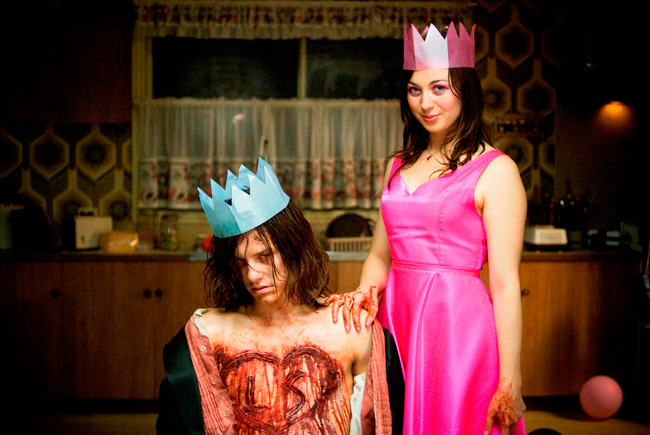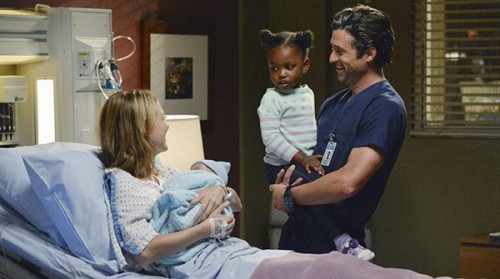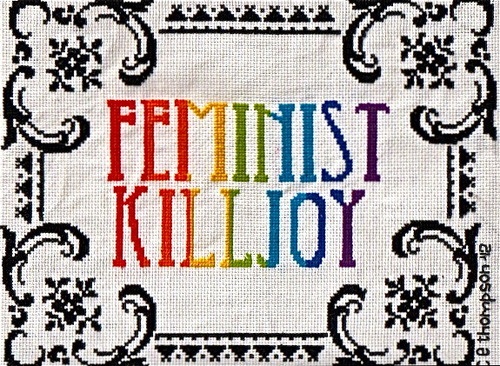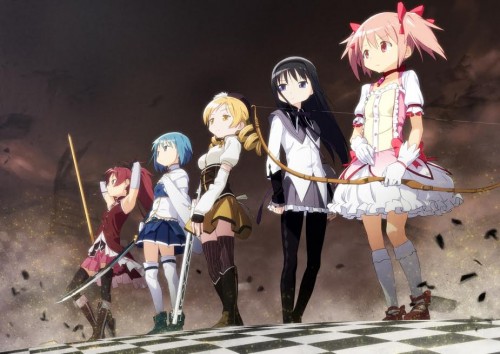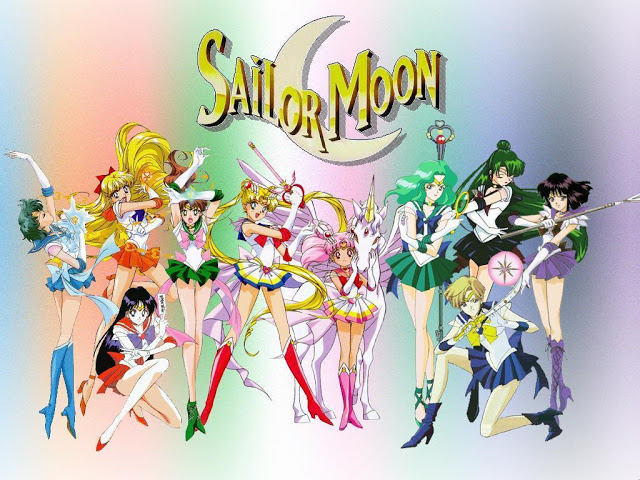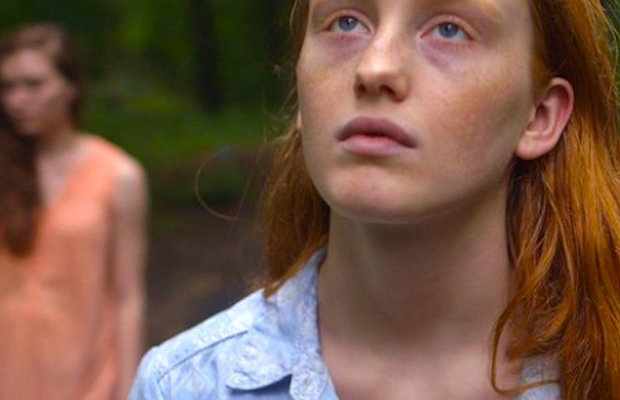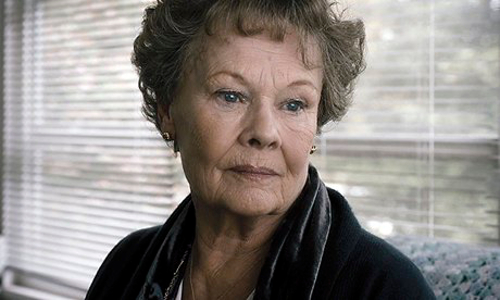Sex, Violence, and Girls in Pink Dresses: Thoughts on Prom Horror Flicks
Like most horror films, prom horror is about teenage girls and what they chose to do with their bodies. As a culture, it’s a topic we find truly terrifying.
We’re taught to think of prom night is an important moment, as a signifier for burgeoning, barely contained sexuality and transformation. It’s the night good girls become bad girls, shy girls reveal their hidden confidence, and ugly girls shed their glasses or comb their hair and look almost beautiful, imperceptible from their peers.
